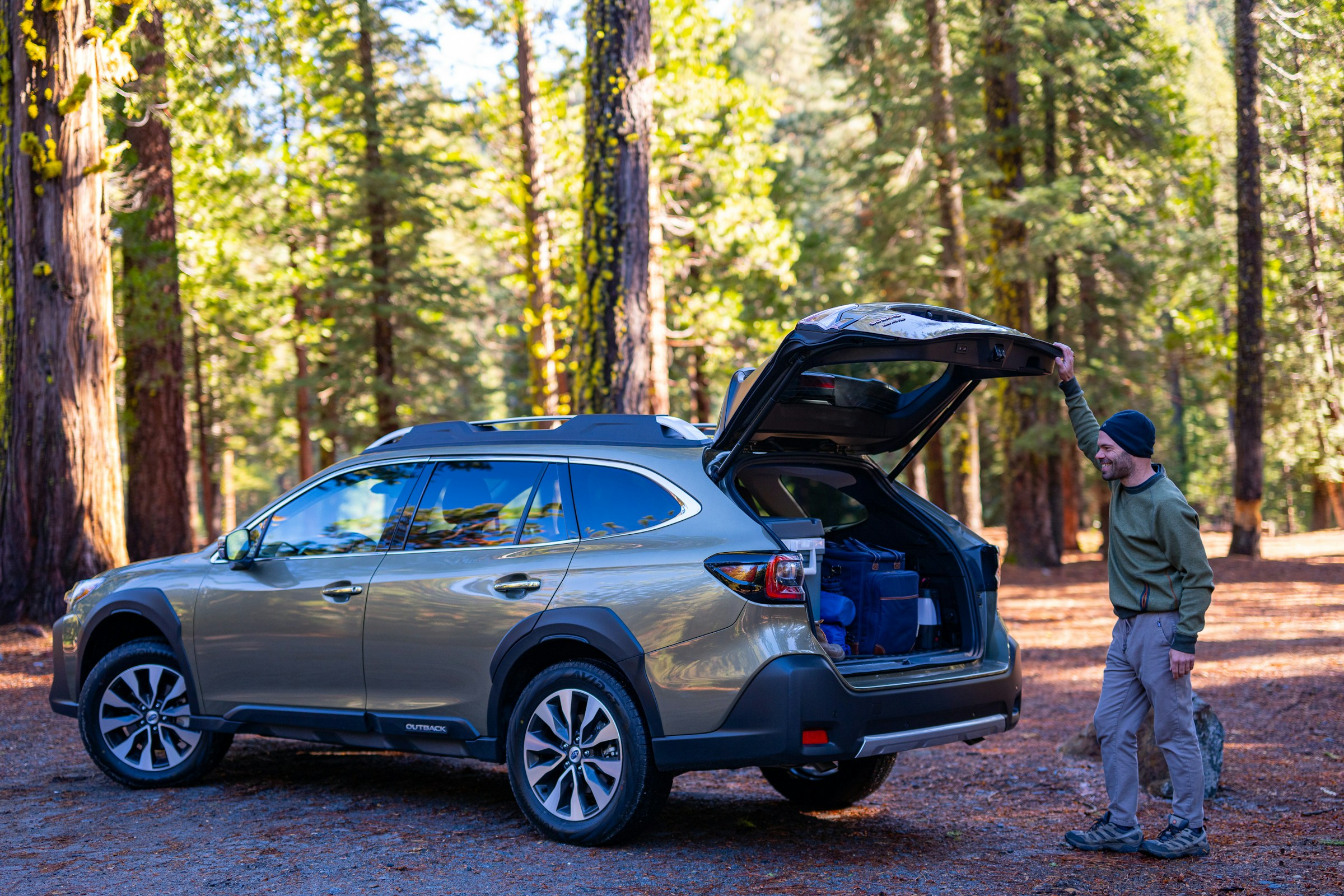Buying a vehicle is a major decision, one that balances practicality, budget, and personal preference. For many, the allure of a brand-new car with its latest technology and pristine condition is tempting. The reality is that purchasing a used vehicle often delivers far greater value in both the short and long term.
With advancements in automotive manufacturing, vehicles last longer than ever, and the used car market has become a smart, reliable avenue for drivers seeking quality without the high price tag. Understanding the real advantages of buying used can help you make a financially sound decision while still enjoying performance, comfort, and style.

Saving Money Without Sacrificing Quality
The most immediate and obvious benefit of purchasing a used vehicle is the significant cost savings. New cars lose a substantial portion of their value the moment they’re driven off the lot, sometimes as much as 20% within the first year. By choosing used, you avoid that steep initial depreciation while still getting a dependable, high-performing vehicle.
Modern cars are built to last well beyond 100,000 miles, meaning that even vehicles several years old can remain in excellent condition. Many used vehicles available today come with certified pre-owned programs, offering inspections, extended warranties, and manufacturer-backed guarantees. These assurances make the buying experience nearly as secure as purchasing new, but at a much lower cost.
When comparing prices, you’ll often find that the same budget can stretch further in the used market. Someone shopping for an entry-level new sedan might be able to afford higher-end SUV options pre-owned with better features, technology, and comfort. Buying used expands your choices, giving access to models that may have been out of reach when new. The value proposition is undeniable, you get more vehicle for your money without compromising reliability or satisfaction.
Avoiding the Depreciation Trap
Depreciation is one of the hidden costs of buying new, and it’s often underestimated. A new vehicle can lose up to 60% of its original value within five years, regardless of how well it’s maintained. This means that even if you plan to sell or trade it in after a few years, you’re unlikely to recover much of your initial investment.
Used vehicles have already gone through the steepest part of depreciation. When you buy pre-owned, you’re purchasing a car that’s already leveled off in value, allowing you to retain a greater percentage of your investment. Should you decide to sell later, the difference between your purchase and resale price will likely be smaller than it would be with a brand-new car.
Lower Insurance and Registration Costs
Beyond the sticker price, used vehicles often come with lower ongoing expenses. Insurance premiums are typically based on a car’s value, so an older model will generally cost less to insure. The savings can add up significantly if you maintain a clean driving record.
Registration fees in many states are tied to the vehicle’s age and original price. The newer and more expensive a car is, the higher the registration cost tends to be. By opting for a used vehicle, you automatically lower these fees, further reducing the total cost of ownership.
More Transparency Than Ever Before
In the past, buying a used car came with uncertainty about its history. Today, however, advanced technology and transparency tools have changed that. Vehicle history reports from services like Carfax or AutoCheck provide detailed information about ownership, accident records, service history, and mileage verification.
This level of insight allows buyers to make informed decisions with confidence. Certified pre-owned programs require vehicles to meet strict standards before being sold. Each car undergoes a thorough inspection to ensure that it meets manufacturer specifications for safety and performance.
Access to a Wider Variety of Vehicles
Buying used gives you access to a far broader selection of models and features than the new market can offer at the same price point. Instead of being limited to this year’s releases, you can explore several model years, trims, and even discontinued lines that might have unique features or styling you prefer.
If you’re particular about performance, design, or technology, the used market provides endless possibilities. You might find a model equipped with premium upgrades, such as leather seats, advanced infotainment systems, or all-wheel drive, that would cost significantly more in a new version.

Environmental and Sustainability Benefits
Choosing a used vehicle is an environmentally conscious decision. Manufacturing new cars requires significant energy and raw materials, contributing to greenhouse gas emissions and environmental degradation. By extending the life of an existing vehicle, you help reduce the demand for new production and the associated environmental footprint.
Many used vehicles are fuel-efficient or hybrid models, providing eco-friendly benefits even without buying brand-new. Some older hybrids and electric vehicles retain strong performance and efficiency levels at a fraction of the cost of current models. Sustainable choices like these align with both financial and environmental responsibility.
By choosing used, you gain flexibility, variety, and savings that extend far beyond the initial purchase. Whether it’s your first car or an upgrade for your growing family, the used market provides dependable options that combine performance, affordability, and sustainability, proving that smart buyers don’t just drive; they invest wisely.
Article Last Updated: November 10, 2025.
